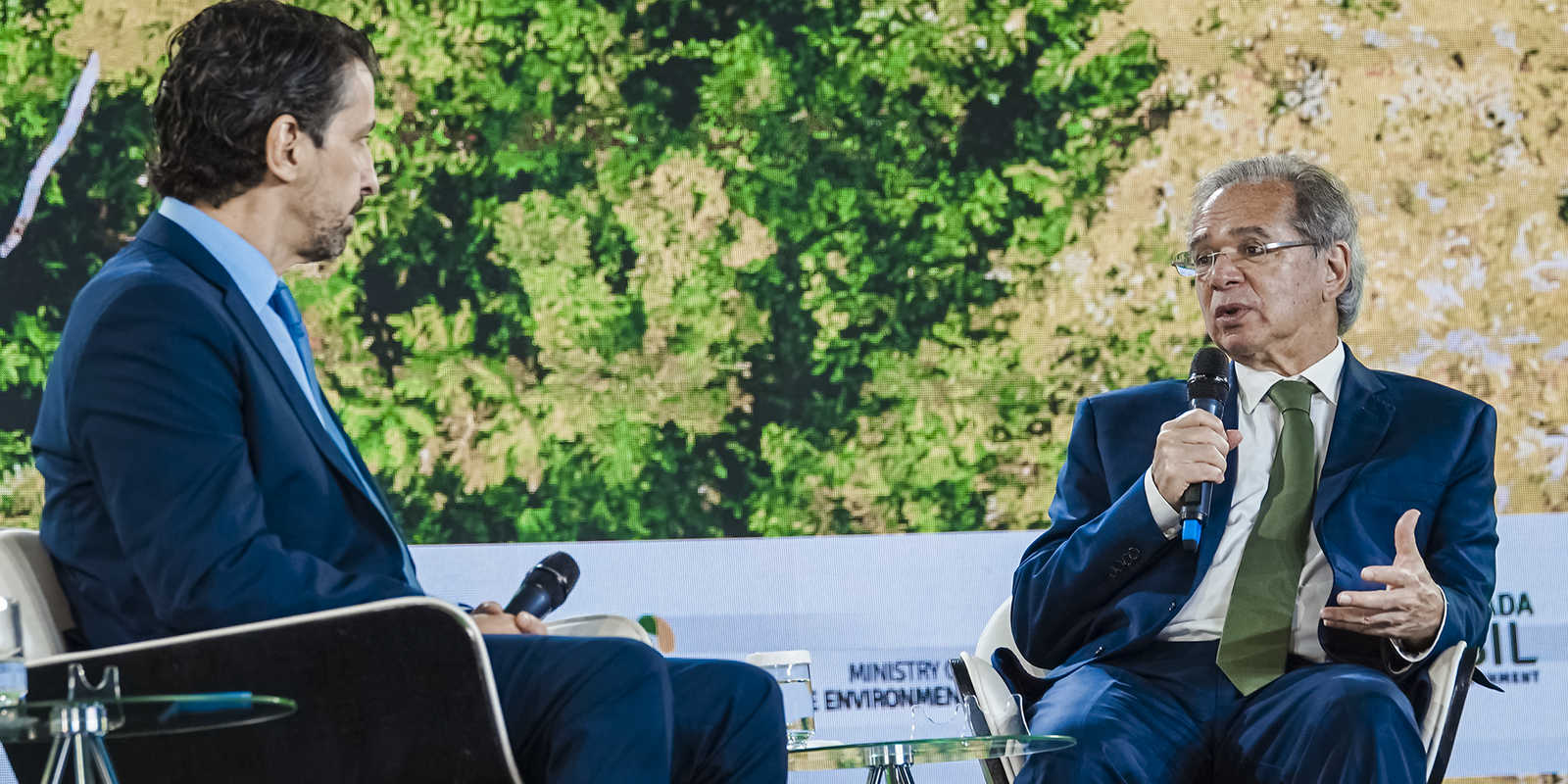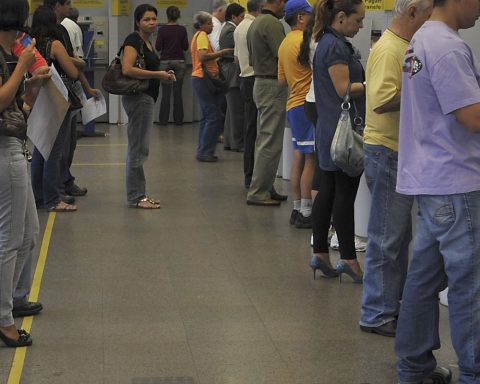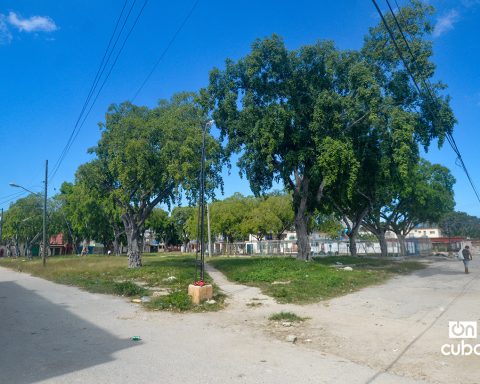The Minister of Economy, Paulo Guedes, again defended today (5) the remuneration of countries for services to preserve the environment, as one of the mechanisms to contain global warming. According to the minister, emerging countries like Brazil, India and Indonesia should be paid for these services.
Guedes participated, this Friday, by videoconference, in an event of the Brazil Pavilion at the United Nations Climate Summit (COP-26) on green growth. According to the minister, there are two approaches to the debate around the emission of greenhouse gases.
The first, according to Guedes, is defended mainly by the most advanced countries and concerns the adoption of measures to annually tax the emissions of polluting gases. At the other end is the debate on remuneration for environmental services.
According to the minister, a possible solution is the pricing of the carbon market, which could remunerate emerging countries such as Brazil, India and Indonesia for environmental services.
“On the one hand, green is a natural vocation in Brazil. So, we’ve already started ahead and we need to encourage the creation of this carbon market, which will be the key to paying for environmental services and preserving the stock of natural resources. That’s where we are going to receive the necessary encouragement for the preservation of our wealth”.
During the event, the minister explained that the three countries will temporarily hold the presidency of the G20, a group that brings together the 20 largest economies in the world, for the next three years and that the three economies have to take this debate to the group to “change the axis of the conversation towards us” and which has already discussed the matter with India and Indonesia.
“If we are going to lead the G20 in the coming years, it is good that we have a common agenda, so that in the group’s meeting this recognition for the preservation of natural resources that Brazil, India and Indonesia have. Unlike the annual flow that is taxed, we have to find a way to remunerate those who preserved this stock of wealth”, he defended.
For the minister, the resources could be allocated to sustainable infrastructure projects, bioeconomy “and everything that can reduce, on the one hand, pollutants, but on the other hand, everything that can encourage, encourage the preservation of natural resources.”
Guedes explained that the country should receive a US$ 2.5 billion loan from the New Development Bank (NBD) to finance projects in this new green economy. Created in 2014, the NDB is the bank of the Brics, a group that brings together the so-called emerging economies – Brazil, Russia, India, China and, later, South Africa.
In the minister’s assessment, the speed of transition to this new economy will be very fast and will affect polluting economic activities, such as mining and forest clearing, and there should be an incentive to encourage this process.
“That’s why this look of encouragement is even interesting, instead of the look of punishment, because this abandonment of old ways of doing things is painful for some sectors. There will be suffering in those who explore coal mines, who live today from felling wood. A new world is coming, at a very high speed, and we have to encourage the growth of this new world”, he said.
The Minister of the Environment, Joaquim Leite, followed the debate and also said that it is important to adopt differentiated financing mechanisms for the new economy, such as lower interest rates for those who want to invest in environmental services.
“The NDB brings a resource of US$ 2.5 billion with cheaper interest, I don’t call it a subsidy, I call it green interest, which is an interest to encourage green infrastructure, green urban mobility”, he explained.
Leite also defended that Brazil be paid for environmental protection services and defended the carbon market.
“[Esse] The ecosystem benefit that the native forest and vegetation have in Brazil must be recognized and remunerated and the carbon market is the beginning of that”, said Leite. “[Isso] it has to be a baseline for other countries to start discussing sustainability with Brazil”, he added.

















